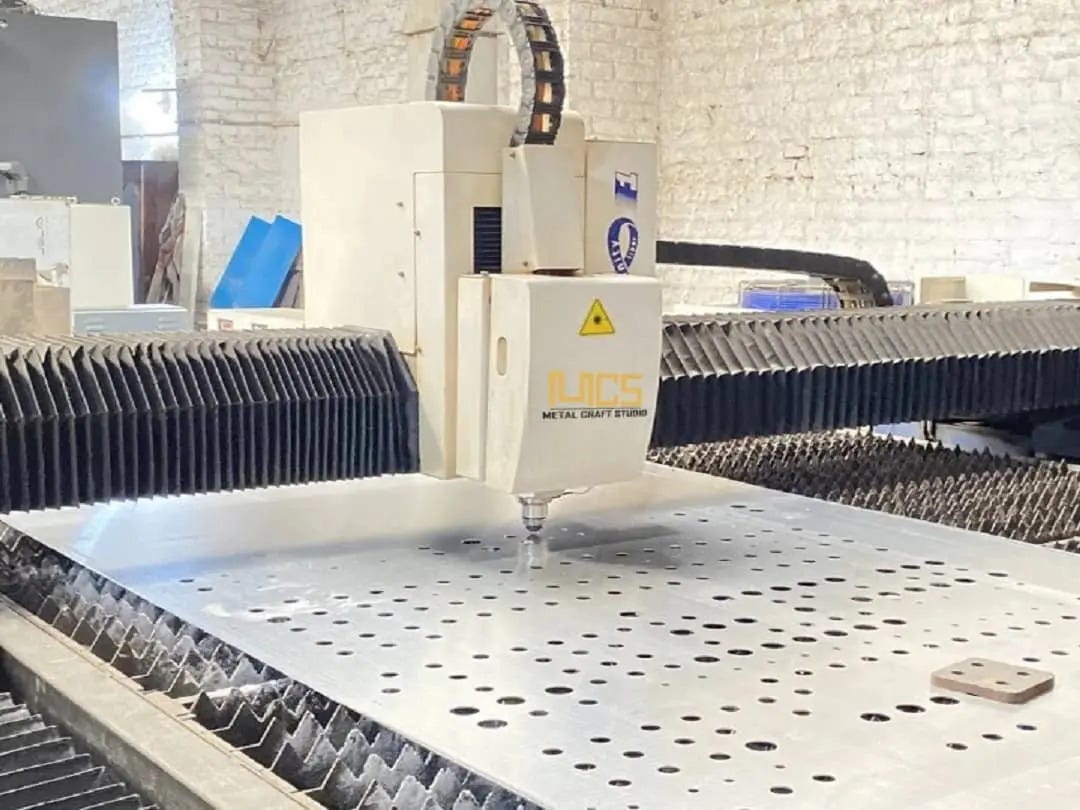Image Source: Google
When it comes to manufacturing precision parts and components, laser technology has revolutionized the industry, allowing for high levels of accuracy and intricacy in the production process. From concept to creation, laser manufacturing services play a crucial role in bringing ideas to life with precision and efficiency. Let's delve into the world of the best laser manufacturing service and explore how this cutting-edge technology is shaping the future of manufacturing.
The Role of Laser Manufacturing Services
Precision Engineering
- Laser manufacturing services utilize advanced technology to achieve high levels of precision in cutting, engraving, and welding processes.
- The ability to work with various materials such as metals, plastics, and ceramics allows for versatility in creating custom parts and components.
- Precision engineering with lasers ensures that each piece meets exact specifications, reducing the margin of error in production.
Rapid Prototyping
- Laser technology enables rapid prototyping, allowing for quick iterations and adjustments to designs before final production.
- Prototyping with lasers offers a cost-effective solution for testing concepts and validating designs without the need for expensive tooling.
- The speed and accuracy of laser manufacturing services streamline the prototyping process, accelerating product development timelines.
The Benefits of Laser Manufacturing
High Precision
- Laser technology provides unmatched precision in cutting and engraving, resulting in intricate details and complex geometries.
- The non-contact nature of laser processing eliminates the risk of tool wear and ensures consistent quality across multiple parts.
- High precision in manufacturing leads to tighter tolerances and improved functionality in the final products.
Efficiency and Cost-Effectiveness
- Laser manufacturing services offer high-speed processing capabilities, reducing production time and improving overall efficiency.
- By eliminating the need for secondary finishing operations, lasers help save time and resources in the manufacturing process.
- The automation and accuracy of laser technology contribute to cost savings and increased productivity for businesses.
Applications of Laser Manufacturing
Industrial Manufacturing
- Laser cutting and welding are widely used in industrial manufacturing for producing parts in sectors such as automotive, aerospace, and electronics.
- The ability to work with a variety of materials makes laser technology a versatile solution for creating components with precise specifications.
- Industries rely on laser manufacturing services for the production of complex parts that require high accuracy and repeatability.
Medical Device Production
- Laser manufacturing plays a critical role in the production of medical devices and equipment, where precision and quality are paramount.
- Biocompatible materials can be processed with lasers to create intricate components for surgical instruments, implants, and diagnostic tools.
- The sterilization capabilities of laser technology ensure the safety and reliability of medical devices for patient use.
Future Trends in Laser Manufacturing
Additive Manufacturing
- Laser-based additive manufacturing, such as selective laser melting (SLM) and stereolithography (SLA), is revolutionizing the production of complex 3D-printed parts.
- Layer-by-layer construction with lasers allows for unprecedented design freedom and customization in manufacturing objects with intricate geometries.
- The adoption of additive manufacturing technologies is expected to drive innovation and efficiency in various industries, including aerospace, automotive, and healthcare.
Integration of AI and Robotics
- The integration of artificial intelligence (AI) and robotics with laser manufacturing services enables autonomous operation and adaptive control of production processes.
- AI algorithms optimize laser parameters in real-time, improving efficiency, quality, and predictive maintenance in manufacturing operations.
- Robotics systems enhance the precision and accuracy of laser processing, leading to increased productivity and reduced human intervention.

